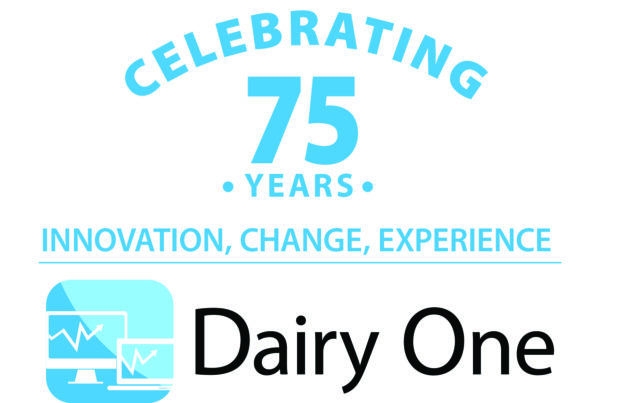This issue we close out our poll about a contentious topic – legalizing retail raw milk sales nationwide. (Click here to learn more.) One reader recently sent me an interesting letter questioning whether I was qualified to speak on the issue because of my age. “You are probably too young to have tasted real milk,” he states. (Click here for the full letter.) Well, actually I have tasted “real” or raw milk – several times.
As a child I remember my grandpa would bring in chilled raw milk from his dairy bulk tank for breakfast. Nothing tasted as good on a bowl of Wheaties as that full-fat, non-homogenized milk.
As a child, I was oblivious to the potential health concerns of raw milk. It was all about the taste. And, even though my palate is sold, I’m not necessarily convinced that raw milk is “healthier” than other milk. And then, of course, there are the health safety risks.
I actually think that most people who buy raw milk like the taste, the tangible benefit to raw milk, more than the suggested health advantages, the benefits science is still attempting to fully document.
The discussion in my mind is beginning to sound a lot like the organic and rBST debates from just a few years ago. Do we need another milk label disparaging one kind of milk in order to promote another? No.
I understand this issue touches on one of the most fundamental of producers’ rights – to self-market their own product. And if individual states want to permit the sale of raw milk by making such transaction legal in one form or another in their own state, they should have that right. They must also choose to individually regulate and prosecute violations.
The raw milk debate aligns itself with the slow-food or local food movement. This local food production should thus be regulated by the state as it judges and deems necessary by the citizens within its borders. State law should continue to govern the rights to market and buy a rapidly perishable commodity.
Raw milk should not be sold across state borders. First, if retail raw milk was a legal, inter-state commodity, more labeling would likely be required. FDA would want in. The label I imagine would probably be more complex than: “No significant difference has been shown between raw milk and pasteurized milk.”
There will have to be another line added there somewhere to address the food safety risks such as: “Raw milk is known to increase the risk of exposure to food-borne bacteria such as Salmonella, E. Coli, Listeria, Campylobacter and Brucella.”
For today’s consumers, food safety is the No. 1 issue. An entire industry cannot be asked to permit the sale of a product across state lines which increases the risk of exposure to the thing consumers fear most –
food-borne illness.
I don’t believe the results of our raw milk poll are representative of most progressive, forward-thinking dairy producers. Even if I personally like the taste of raw milk, as many others do, I side with the silent majority, not the vocal one, on this issue. PD

-
Walt Cooley
- Editor-in-chief
- Progressive Dairyman
- Email Walt Cooley





